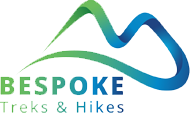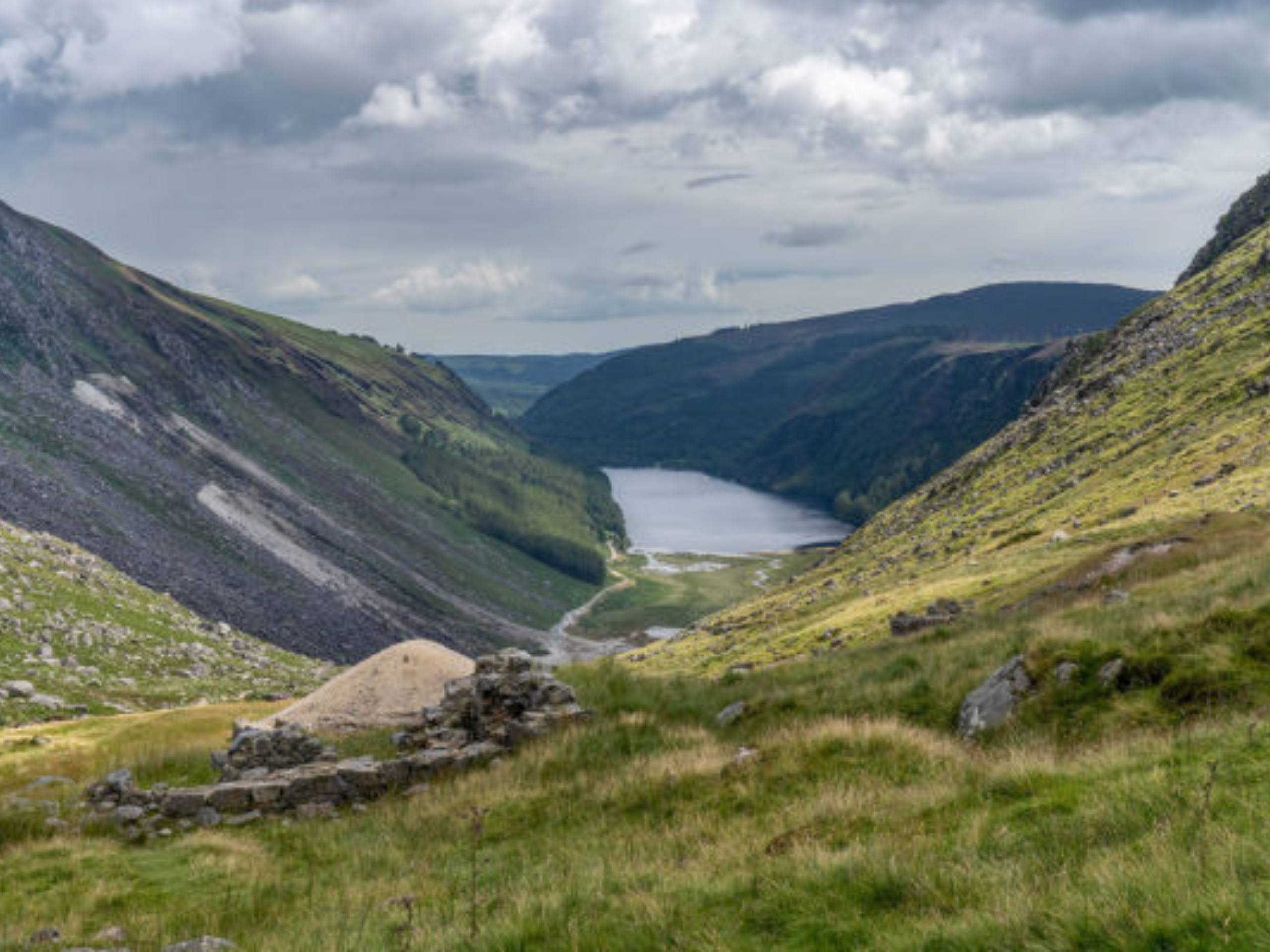How Do Navigation Challenges Improve Team and Group Dynamics in the Outdoors?
Navigation challenges in outdoor settings, such as Glendalough and the Dublin Mountains, are more than exercises in finding the right path. They are powerful tools for developing team cohesion, communication, and leadership. This blog explores how Irish landscapes create the perfect environment to test and improve group dynamics, offering practical lessons that transfer into everyday life and professional settings.
Modern workplaces and community groups often struggle with the same challenges: how to build trust, improve communication, and strengthen leadership. While team-building activities in boardrooms or workshops have their place, few experiences rival the learning potential of being outdoors. Navigation tasks, such as map reading, compass work, and group route planning, bring people together in real-world situations where decisions matter.
In Ireland, the hills of Wicklow, the trails of Glendalough, and the paths leading to Powerscourt Waterfall offer ideal locations to blend challenge with learning. Managed areas like the Wicklow Mountains National Park provide safe but stimulating environments where groups can face navigation challenges head-on while developing stronger dynamics.
Core Benefits
When teams tackle navigation together, the benefits are both immediate and lasting:
- Communication skills: Participants must share ideas clearly, discuss routes, and make collective decisions. Miscommunication quickly highlights the need for better listening and clarity.
- Problem-solving: Outdoor environments rarely go exactly to plan. Choosing between paths, interpreting maps, or managing unexpected weather encourages practical problem-solving as a team.
- Leadership development: Different members take turns leading, showing initiative, and guiding others. This natural rotation builds confidence and reveals hidden leadership qualities.
- Trust and cohesion: Facing challenges together builds reliance on each other’s strengths, whether that is navigation knowledge, encouragement, or pace management.
- Resilience and adaptability: Teams learn to adapt when routes do not go as expected or when fog reduces visibility, mirroring workplace challenges where flexibility is crucial.
According to Sport Ireland, group-based outdoor activities are strongly linked to improved wellbeing, confidence, and social connection. Combining physical effort with shared goals produces both physical and psychological benefits.
Location Detail
Ireland’s landscape makes it uniquely suited for this form of experiential learning. Glendalough in Wicklow is one of the country’s best examples. Known as the Valley of the Two Lakes, it combines steep hillsides, woodland trails, and open mountain terrain. These conditions require constant awareness and careful route decisions. For teams, this means engaging in discussions about direction, terrain management, and group pace.
Other nearby locations such as the Dublin Mountains or trails leading to Wicklow’s Powerscourt Waterfall also present opportunities to test group decision making. Coillte, the state forestry organisation, actively promotes outdoor recreation in managed forests across Ireland, highlighting the importance of access to safe and sustainable landscapes (Coillte).
The unpredictability of Irish weather adds an extra layer of realism. A group navigating in clear sunshine may suddenly find themselves in low cloud, making it difficult to identify landmarks. Such conditions force groups to rely on compass skills, map accuracy, and effective leadership to progress safely. These moments often become the most valuable lessons in teamwork and resilience.
Quick Facts
- Glendalough is part of the Wicklow Mountains National Park, covering over 20,000 hectares (NPWS).
- Ordnance Survey Ireland maps remain the standard for navigation, offering detailed topography at 1:50,000 scale (OSI).
- Research by Sport Ireland shows outdoor group activities significantly improve confidence and wellbeing (Sport Ireland).
- Coillte manages over 440,000 hectares of forest and lands, much of which is open for recreation and navigation training (Coillte).
FAQ
Why do navigation challenges work well for team building?
They put teams in real-world problem-solving situations, requiring clear communication and collaboration. Success depends on the group rather than the individual.
Is Glendalough a safe place to practice navigation?
Yes. It is part of a managed national park with marked trails and accessible routes, making it ideal for both beginners and advanced groups.
Do participants need prior experience with maps and compasses?
No. Navigation challenges can be tailored to suit all levels, from absolute beginners to those seeking advanced route planning skills.
How do navigation challenges help leaders in business?
They encourage decision making under pressure, communication, and trust. These skills transfer directly into professional settings where leadership is critical.
Can weather make navigation too difficult?
Weather changes increase difficulty, but they also provide valuable lessons in adaptability and group resilience. With proper safety measures, these conditions enhance learning.
Conclusion & Call to Action
Navigation challenges in the outdoors are more than an adventure. They are practical, powerful tools for strengthening team and group dynamics. In places like Glendalough, Dublin Mountains, and Wicklow, teams can learn to communicate better, build trust, and develop stronger leadership qualities while enjoying Ireland’s natural beauty.
To explore tailored group experiences that combine hiking, navigation, and leadership training, visit Bespoke Treks and Hikes.
Author Box
Written by the team at Bespoke Treks and Hikes. We create unique hiking and training experiences across Ireland, helping individuals and groups strengthen skills, confidence, and leadership in the outdoors.

